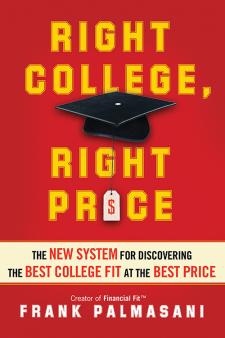Focusing Freshmen on the "Big Picture"
Posted on Tue, 02/19/2013 - 12:48In a guest post today, Jennifer Karan, Executive Director of the SAT Program at The College Board, discusses the steps high school freshmen can take to plan ahead for a college education -- a key to success. This article originally appeared on The College Board website.
As a former English teacher and high school dean of students, I know that there are few things as daunting, mysterious and exciting to a teenager than freshman year of high school. It’s a whole new world: the hallways are foreign and at larger schools, students sometimes feel as though they need a GPS to get from class to class; the upperclassmen seem so much older and are brimming with a glowing confidence; teacher expectations and homework may require substantial adjustment. And college seems like a distant point on the horizon.
Part of the trepidation may be what adults understand as not being able to see the forest for the trees. However, when students are able to envision how the various academic courses and opportunities in arts, athletics and other programs that develop interests (the school paper, community service or a part-time job) form the "Big Picture," they are able to navigate this terrain successfully, with greater purpose and enjoyment.















